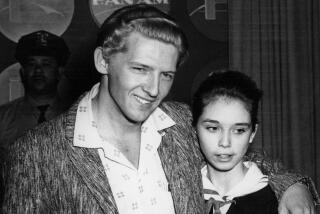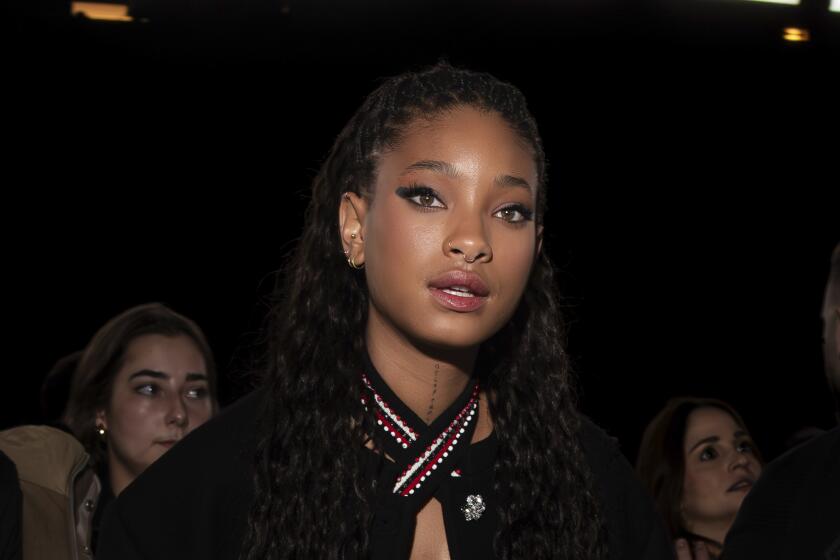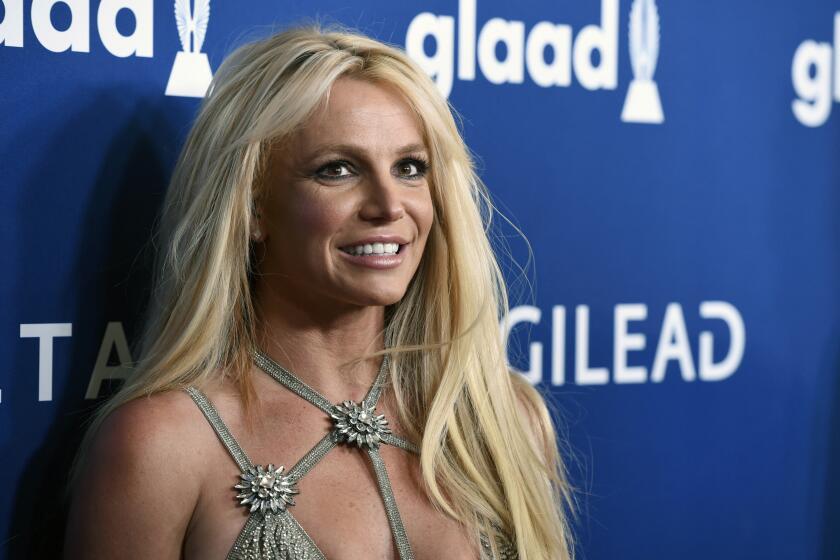Restraint That’s Good for the Community : Local FM station will not air rap music that offends
At its worst, rap music glorifies violence, denigrates women and puts down African-Americans. But even the most offensive street rhymes are delivered with an infectious beat that many listeners--black, white, Latino or Asian--find irresistible.
Now, despite the increasing popularity--and profitability--of rap, KACE (103.9), a black-owned FM radio station, has decided not to play songs that it considers negative or offensive. The Inglewood station’s courageous and voluntary stand is notable, commendable and worth widespread emulation. It is also the kind of stand that can undermine any pressure for government censorship--a development that absolutely must be resisted.
Cop killing. Dope smoking. Women bashing. Is nothing off-limits? “Gangsta” rap delivers a dangerous message. The songs present images of crime without punishment, disputes resolved with bullets rather than words and drug abuse without consequence. Violent or crude lyrics portray women as glamorous props suitable only for physical abuse or sexual exploitation. KACE recognizes that such negative images might influence some impressionable listeners.
Violence adds $13.5 billion to this country’s medical bill, according to Dr. Joycelyn Elders, the U.S. surgeon general. Rap music of course can’t be blamed for all the murders, shootings and other crimes that plague this nation--maybe not for very many at all. But why take chances? Boasts about killing police, drive-by shooting fantasies and X-rated sexual exploits add to an incendiary mix of negative social influences.
In fact, some of the most hard-core songs are so profane and explicit that all radio stations refuse to play them. Even so, rap albums--hard-core and otherwise, underground and major-label--sell millions of copies. The success of N.W.A.’s controversial “Straight Outta Compton” album is an example of the market forces involved.
Sanitized versions of some offensive songs get air play. But no longer at KACE, which is owned by Willie Davis, a former Green Bay Packer star and a member of football’s Hall of Fame. As a businessman, Davis deserves credit for programming with a social conscience, even though the decision’s effects on the bottom line are wholly unpredictable, possibly even injurious. Rap is big business, but profits did not figure in the new policy, implemented last month by program director Rich Guzman and music director Mark Gunn.
Not all rap is bad, of course. The catchy refrain from the popular song “Whoomp There It Is” has become a popular victory cry, whether the success is a Raider touchdown or an A on a mid-term exam.
At KACE, rap songs are judged song by song, instead of artist by artist. That sensible, careful rule allows the station to play one group’s positive song encouraging men to respect women while ignoring that same group’s negative song lauding assassinations, for example.
KACE broadcasts a statement of its new approach every other hour. So far, the response has been overwhelmingly positive: Calls are running 90 to 1 in favor. KACE and sister station KAEV in the Inland Empire deserve widespread support. Other stations should consider exercising similar restraint.
More to Read
The biggest entertainment stories
Get our big stories about Hollywood, film, television, music, arts, culture and more right in your inbox as soon as they publish.
You may occasionally receive promotional content from the Los Angeles Times.






